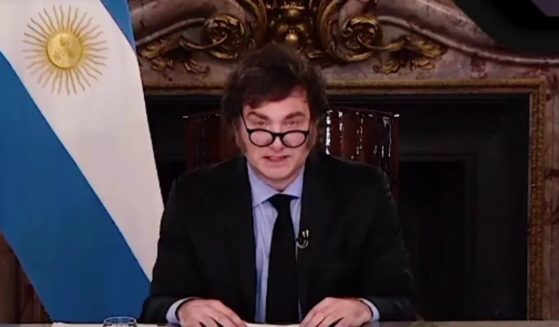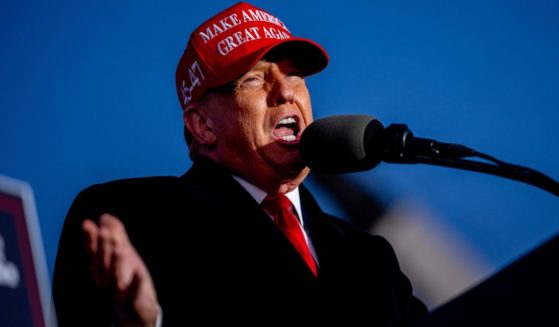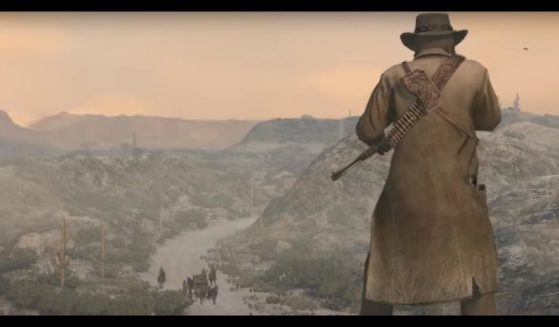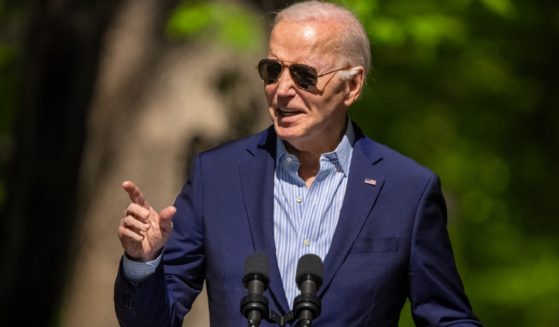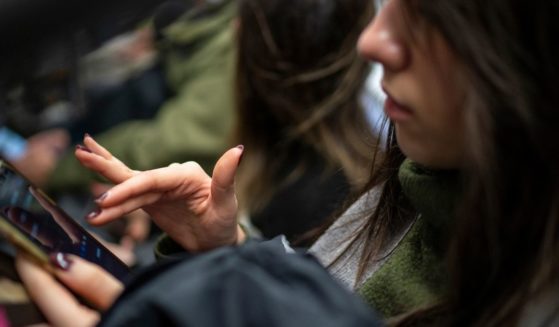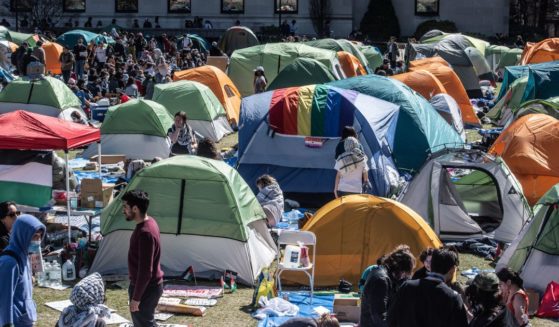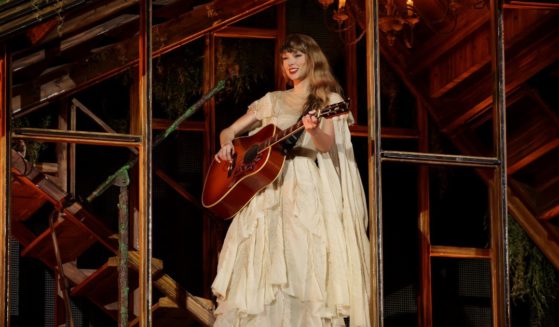Thought Police: Public University's Rules Now Prohibit Offensive Facial Expressions
When George Orwell famously wrote about a dystopian future where your every thought is monitored, he shouldn’t have set it in Great Britain. It would have been much more accurate had he instead written about American college campuses.
We’ve known about the alarming trend of coddling and control at colleges for a while, but it may be getting worse. At the publicly-funded University of Montana Western, college administrators seem to be doing their best Big Brother impressions.
That university recently published a policy which threatens punitive action against students for making — wait for it — “mean facial expressions.”
“While discussions may become heated and passionate, they should never become mean, nasty or vindictive in spoken or printed or emailed words, facial expressions, or gestures,” the official Civility Standards at Montana Western declare.
Who decides what a mean facial expression looks like? Nobody seems to know.
“The policy says students must promote an atmosphere of civility and that their discussions should never become ‘mean, nasty, or vindictive,’ but those are all entirely subjective terms that could be applied to punish constitutionally protected speech,” Laura Beltz of the Foundation for Individual Rights in Education explained to Campus Reform.
She’s right: People use a variety of facial expressions when upset, flustered or merely just excited. If you roll your eyes or raise your eyebrows, is your academic career over?
“If it is the responsibility for students to uphold these standards, it follows that they may be punished for perceived violations of these standards, in this case, for failing to promote civility or for having a discussion that is deemed mean, nasty, or vindictive,” Beltz pointed out.
Being punished for making a face seems like something that belongs in kindergarten, not a major university attended by serious young adults. But that certainly seems to be how the policy is written.
“According to the policy, violations of the Student Code of Conduct can result in suspension of a student’s technology account, suspension, or in extreme cases, expulsion,” explained Campus Reform.
“Even if the policy isn’t actually applied that way, students who read the policy and see how vague it is are likely to self-censor instead of taking the risk that something they say will be seen as mean, nasty, vindictive, or not civil,” Beltz added. “This sort of chilling effect on protected speech is unacceptable at a public university like Montana Western.”
If someone doesn’t think these kinds of policies could be used to infringe on free speech and inspire proverbial witch hunts, they probably haven’t been paying attention.
We’ve already seen hysterical reactions to imagined “hate crimes,” which more often than not turn out to be wildly exaggerated or blatant hoaxes.
And as everyone from the Duke lacrosse team to Rolling Stone magazine found out, due process can be quickly tossed aside when there’s a social justice crusade.
There have also been countless cases of free speech infringement throughout American campuses, and students with conservative views are often the ones being silenced.
Everyone agrees that civility is important. But by trying to monitor and enforce every element of human interaction and speech, down to which facial expressions somebody uses during a debate, campus busy-bodies have lost the plot.
The real world is not a safe space free of triggering facial expressions and terrifying eye rolls, and it’s ridiculous to pretend that this is what increasingly irrelevant universities need. Let’s try more freedom of speech, not less.
Truth and Accuracy
We are committed to truth and accuracy in all of our journalism. Read our editorial standards.

